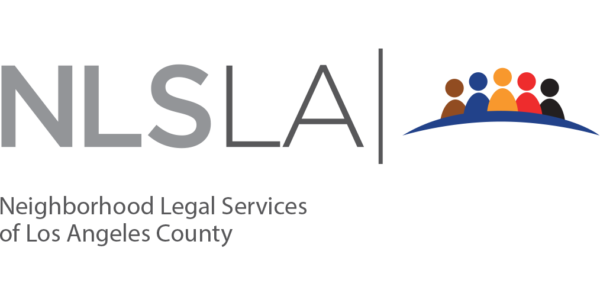“How Can The Landlord Ask Me for This When There Is a Worldwide Pandemic?”
As an after-school care teacher with the Los Angeles Unified School District, Mary* was never able to save money for a rainy day. So when the virus hit and her hours were cut significantly, she didn’t have much of a cushion to fall back on. She knew immediately that she would no longer be able to pay her rent, and worried about how she would buy food for herself and her daughter.
Mary knew that a temporary moratorium on evictions was intended to protect people like her, who lost income because of the novel coronavirus and subsequent economic shutdown. But her landlord demanded she produce documents reflecting that the sudden loss of income was a result of the virus, and told her she would be required to enter into an unreasonable payment plan – a clear violation of the ordinance Los Angeles passed to prevent evictions during this dangerous time.
“I felt scared, hopeless, and bullied.” She said, “How can the landlord ask me for this when there is a worldwide pandemic? They know I work for the school district and all the schools are closed.”
Mary was worried she would end up on the street, where she would no longer be able to protect her daughter from the virus. She reached out to Neighborhood Legal Services, where attorney Jennifer Harkins told Mary she was under no obligation to sign the agreement, and provided her with a letter to give to her landlord, clearly outlining Mary’s rights and the landlord’s obligations. Mary gave the letter to her landlord informing him that she could not pay her April rent. Mary’s landlord responded with a three-day notice to pay rent or vacate the premises.
Attorneys would soon discover that Mary’s case was not an anomaly. Landlords across the city have been asking tenants to enter into illegal repayment plans and a growing number are demanding that those who can no longer pay sign over their stimulus checks from the federal government, which many tenants will need in order to pay for food.
Because she has an attorney on her side, Mary will be able to stay in her unit. But her case clearly illustrates the need for legal services in these trying times.
“If we can’t protect tenants in these critical months, we are going to end up with tens of thousands of newly homeless families,” said Sandra Chung, an associate supervising attorney with NLSLA’s Lawyers Preventing and Ending Homelessness Project (PEHP). “These new government measures are so important, but without lawyers to help vulnerable people assert their rights, they won’t protect everyone.”
*Name has been changed to protect client’s confidentiality



